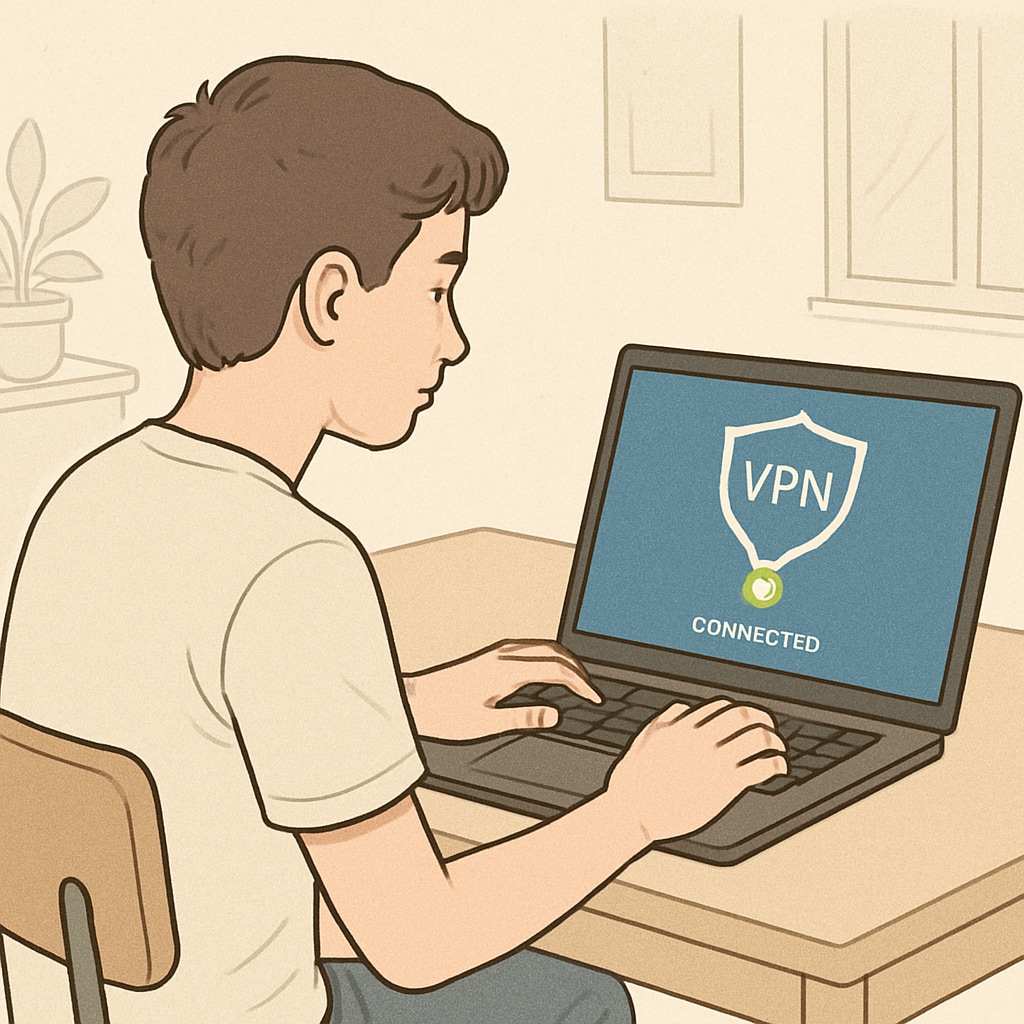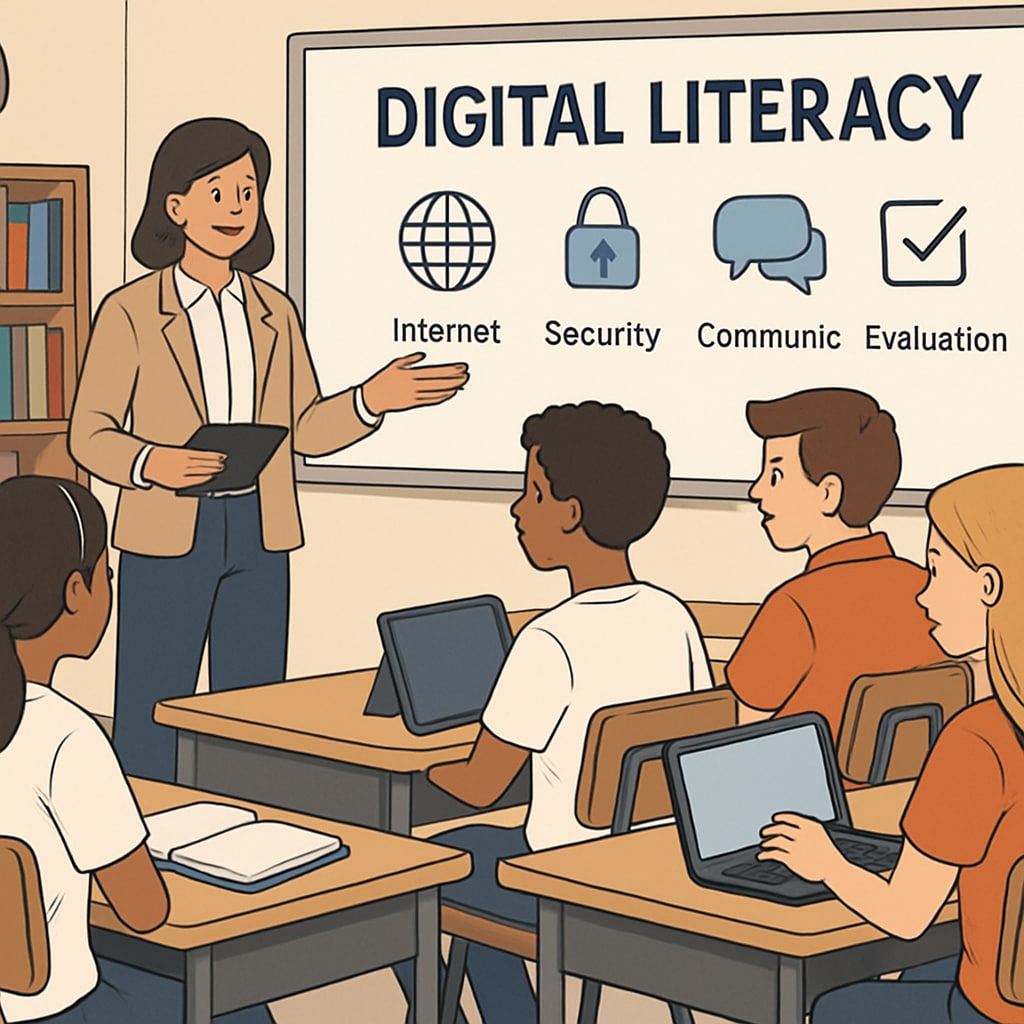The introduction of the UK’s new age verification laws has created an unintended surge in VPN (Virtual Private Network) usage. While these regulations aim to shield young people from inappropriate online content, they have also exposed significant gaps in digital literacy and education. This raises an important question: How can we go beyond mere technical restrictions to foster a generation of responsible and informed digital citizens?
The Unforeseen Impact of Age Verification Laws
Age verification laws in the UK were implemented to restrict access to adult content and ensure online safety for minors. Platforms are now required to verify users’ ages before granting access to certain sites. While this has led to some success in curbing exposure, many tech-savvy teenagers have found ways to bypass these restrictions, most notably through VPNs. VPNs allow users to mask their location, making it easier to access restricted content anonymously.
According to recent studies, VPN downloads in the UK have spiked significantly since these laws came into effect. While this behavior highlights teenagers’ technical ingenuity, it also underscores the limitations of relying solely on technological barriers. Without proper education, these tools can be misused, exposing teens to risks rather than protecting them.

Why Education Must Complement Regulation
While age verification laws serve as a digital wall, they fail to address the root issue: a lack of understanding and critical evaluation of online content. Educators and parents must recognize that technology alone cannot replace the need for comprehensive digital literacy programs. For example, teaching teenagers about the risks of VPN misuse, such as exposure to malware or data theft, can be far more effective than simply blocking access.
Moreover, education can empower teenagers to make informed choices online. Schools can introduce modules on critical thinking, digital ethics, and self-regulation. These lessons can help students navigate the internet responsibly, ensuring their safety while fostering independence.
Building a Collaborative Framework for Digital Citizenship
Addressing the challenges posed by age verification laws and increased VPN use requires a collaborative approach. Schools and families must work together to cultivate a culture of responsible digital behavior. Here are some actionable steps:
- Parental Awareness: Parents should be educated about VPNs and the broader implications of digital tools. Open communication with teenagers can foster trust and provide a supportive environment for discussing online risks.
- School Programs: Schools can integrate digital citizenship into their curriculum, focusing on topics like cybersecurity, personal data protection, and ethical internet use.
- Public Awareness Campaigns: Governments and organizations can launch campaigns to educate the public about the limitations of age verification laws and the importance of digital literacy.
By taking these steps, we can shift the focus from restriction to education, equipping teenagers with the tools they need to navigate the online world safely and responsibly.

Conclusion: A Balanced Approach to Online Safety
The rise in VPN usage following the UK’s age verification laws highlights the need for a balanced approach to online safety. While regulations provide an essential layer of protection, they are not foolproof. By investing in education and fostering collaboration between schools, families, and policymakers, we can create a more effective strategy for nurturing responsible digital citizens.
Only by combining technical safeguards with robust digital literacy programs can we ensure that teenagers are not only protected but also empowered to use technology wisely.
Readability guidance: This article employs short paragraphs, clear transitions, and lists to improve readability. Passive voice and overly long sentences are minimized to maintain engagement and clarity.


